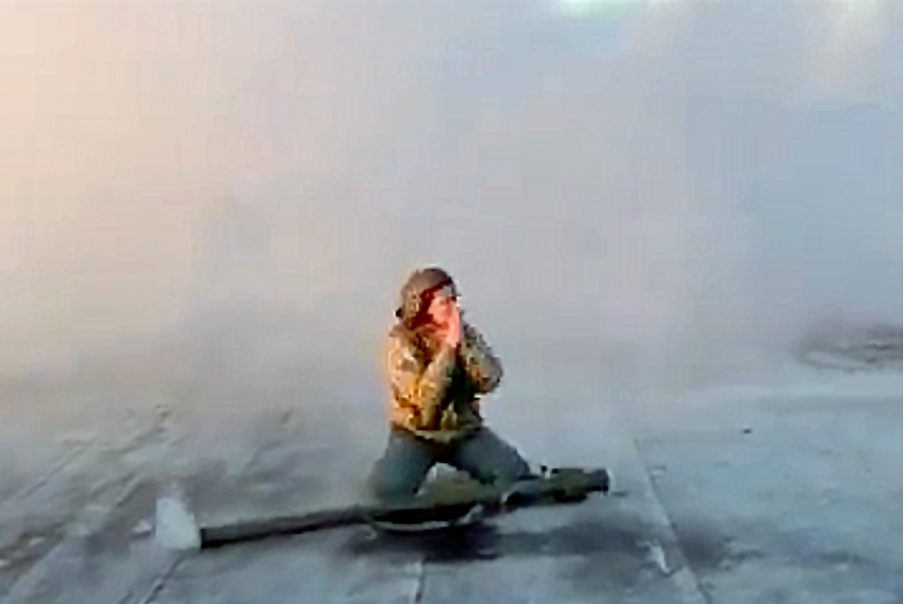The Public Opinion Foundation, a Russian state-owned polling institution, published a poll on Aug.30 that it conducted on Aug. 25 showing that 28 percent of respondents expressed outrage or dissatisfaction with the actions of Russian authorities over the past month.
This is up from 25 percent and 18 percent in polls that the Public Opinion Foundation conducted on Aug. 11 and July 28, respectively.
JOIN US ON TELEGRAM
Follow our coverage of the war on the @Kyivpost_official.
Respondents to the Public Opinion Foundation poll have not expressed such high dissatisfaction since polling conducted in November 2022, following the first month of the deeply unpopular partial mobilization in Russia.
The Russian state-owned Public Opinion Research Center (VCIOM) noted that Putin's approval rating fell by 3.5 percent to 73.6 percent between Aug. 12 and 18 — a record fall in Putin's approval rating, even among Kremlin pollsters, since the start of the full-scale invasion in February 2022.
These polls from Russian state-owned polling agencies do not suggest particularly pronounced discontent nor are they reliable reflections of the actual sentiments in Russian society.
VCIOM released its latest polling on Putin's approval rating on Aug. 30, showing an additional 1.2 percent decline to 72.4 percent between Aug. 19 and 25.
These polls from Russian state-owned polling agencies do not suggest particularly pronounced discontent nor are they reliable reflections of the actual sentiments in Russian society.
The polls do suggest, however, that the Kremlin assesses that it must recognize that societal discontent has risen since the start of Ukraine's incursion into Kursk Oblast. The Kremlin likely hopes that limited acknowledgment of societal discontent will guard against accusations that it is ignoring Russian society's concern about the Ukrainian incursion.

US Embassy in Kyiv to Reopen After Threat of Attack
The Kremlin appears to have launched an intricate messaging campaign aimed at justifying to its domestic audience why Russia is prioritizing the maintenance of offensive operations in eastern Ukraine over immediately expelling Ukrainian forces from Kursk Oblast, and limited acknowledgments of discontent may be a part of this campaign.
See the original here.
You can also highlight the text and press Ctrl + Enter






